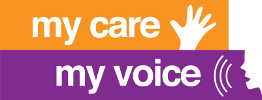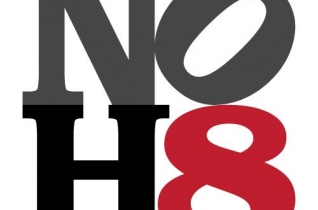This page gives you information on "HIV hate crime" and where you can get support if you experience it.
Donate now: Support our work
Donate now: Support our work

Some people living with HIV have experienced crime which is motivated by hostility to their HIV status.

This page gives you information on "HIV hate crime" and where you can get support if you experience it.
Yes. Any crime which is motivated by hostility to you because you have HIV, or which demonstrates such hostility, is ‘hate crime’ and police, prosecutors and the courts want to know about it so they can punish the crime appropriately.
HIV hate crime in England and Wales is an example of disability hate crime, as the Legal Guidance from the Crown Prosecution Service (CPS) on Disability Hate Crime makes clear. You don’t need to think of yourself as disabled to benefit from disability-related legal protections. Sometimes even police and prosecutors are unaware that HIV is a disability in law – you may need to make clear to them that you want the crime you have experienced to be dealt with as a disability hate crime, and quote the CPS Guidance.
Any crime which is either motivated by hostility to your HIV status, or which demonstrates such hostility, is a hate crime. This would, for example, include any form of violence, assault or harassment, and vandalism or attacks on property, blackmail and domestic violence.
Importantly, hate crime could in some cases also be someone maliciously telling other people that you have HIV, for example over social media – such hostile ‘outing’, or threatening to do so, could for example be charged as blackmail or harassment or an offence under the Malicious Communications Act 1988 (see CPS Guidance on Domestic Violence Annex C).
When reporting the crime to the police, explain carefully the evidence you have that the crime was either motivated by hostility to you because you have HIV or demonstrates such hostility. This will be important later on in any court case.
The crime is recorded as a hate crime and this helps get a national picture of hate crime and encourage an effective response. The police should treat you with sensitivity. When a case gets to court the prosecution should make the case to the magistrates or judge that the crime was a hate crime.
Under section 146 of the Criminal Justice Act 2003, if the magistrates or judge believes the crime was an HIV-related disability hate crime, this should be stated in the judgment and the sentence should be increased to reflect the fact it was a hate crime.
In Scotland the Offences (Aggravation by Prejudice) (Scotland) Act 2009 and in Northern Ireland the Criminal Justice (No. 2) Order 2004 provide for crimes aggravated by prejudice on grounds of disability to receive more severe sentences, similar to the provisions of the Criminal Justice Act 2003 in England and Wales.
The police should respect and protect your confidentiality. Court cases are usually open to the public and press. But where the court is satisfied that the quality of your evidence or cooperation might be diminished by fear or distress at being publicly identified, it can order reporting restrictions to prevent media publicity.
There are also what are known as ‘special measures’ available to the courts to protect vulnerable or intimidated witnesses, which can help protect identity. It is important to raise any confidentiality concerns you may have at an early stage with police and the CPS so that a request can be made to the court for such reporting restrictions or special measures.
The True Vision website http://www.report-it.org.uk/home is an important place to find out more information about hate crime, to report hate crime and to be signposted to further support.
THT Direct can also provide advice and support on 0808 802 1221. Open Mon to Fri 10 am to 8 pm.
There are also support services available for particular groups and/or in certain parts of the country:
GALOP provides support for the LGBT community around hate crime in Greater London www.galop.org.uk or at 020 7704 2040
Stop Hate UK provides a 24 hour helpline for people who have experienced HIV Hate Crime in some parts of the UK. Visit www.stophateuk.org/where for details.